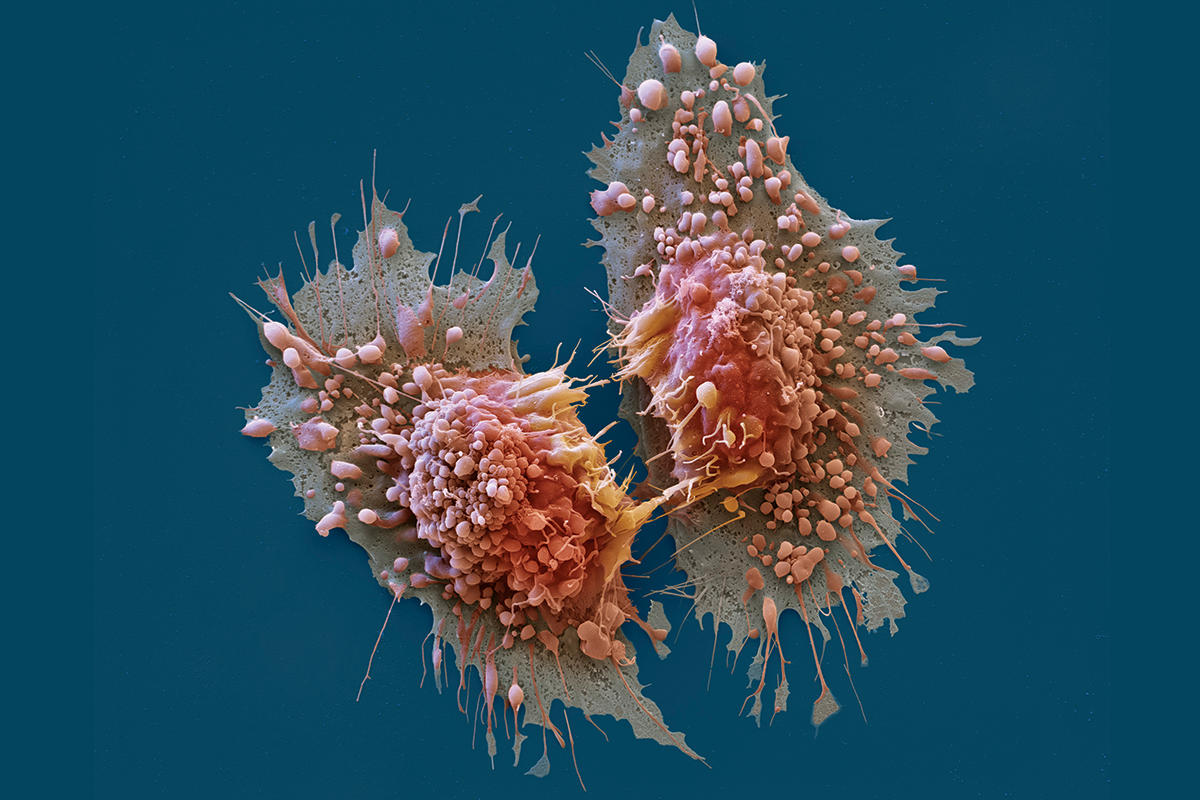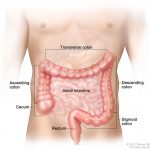
In the recent past, scientists have worked on many mechanisms known to cause cancer-related fat loss and muscle wasting. Current research indicates that many factors are involved. For instance, studies have shown that cancer cells produce substances which promote weight loss. MIC-1 is an example of one such substance discovered recently by scientists. MIC-1 is protein present in the blood of healthy individuals (non-cancerous people). According to research studies, cancer cells promote the generation of abnormal quantities of MIC-1. The levels of the protein increase by 10 to 100 times the normal levels and there are studies linking MIC-1 to weight loss by suppressing appetite.
Cancer cells have also been found to produce substances which “tell” the body to break down fat and muscle. A perfect example of such a substance is PIF. Cytokines are also produced in the process as the body responds to cancer. They plunge the body’s defense mechanisms into overdrive. Cytokines have a multiplier effect on hormones. They also increase the body’s metabolism rate drastically accelerating the pace at which the body breaks down fat and muscle.
Cytokines have been discovered to have a specific effect that is of much interest, i.e., converting white adipose tissue (white fat) into brown fat (fat found in babies). Brown fat is responsible for keeping babies warm. The fat is packed with mitochondria which burn energy to produce heat. The reason why cytokines convert white adipose tissue into brown fat remains unknown. However, it is common among cancer patients and is responsible for increasing the body’s energy needs.
It appears many substances are contributing to cancer-related weight loss, and the scientific research is still in the formative stages. We are still discovering the substances behind rapid weight loss among cancer patients and how these substances cause Cachexia.
More from Things Health
-
What is Cancer and How Does It Work?
We all know what cancer is, but understanding how it works and why people get cancer at all can be confusing. Cancer starts when cells…
-
Thyroid Cancer
Each type requires a different kind of prognosis and treatment. This is the most typical type of thyroid cancer, it can make up about 80%…
-
Signs And Symptoms of Common Cancers
The types of cancers that are considered to be the most common are those that are most frequently diagnosed (with the exclusion of non melanoma…
-
Warning Signs and Symptoms of Colon Cancer
One of the most common and most deadly types of cancer is colorectal cancer, more commonly known as colon cancer. This type of cancer is…
-
Symptoms Of Ovarian Cancer
Ovarian cancer is often referred to as a quiet disease as it usually isn't discovered until it is in the advanced phases. In nearly all…






